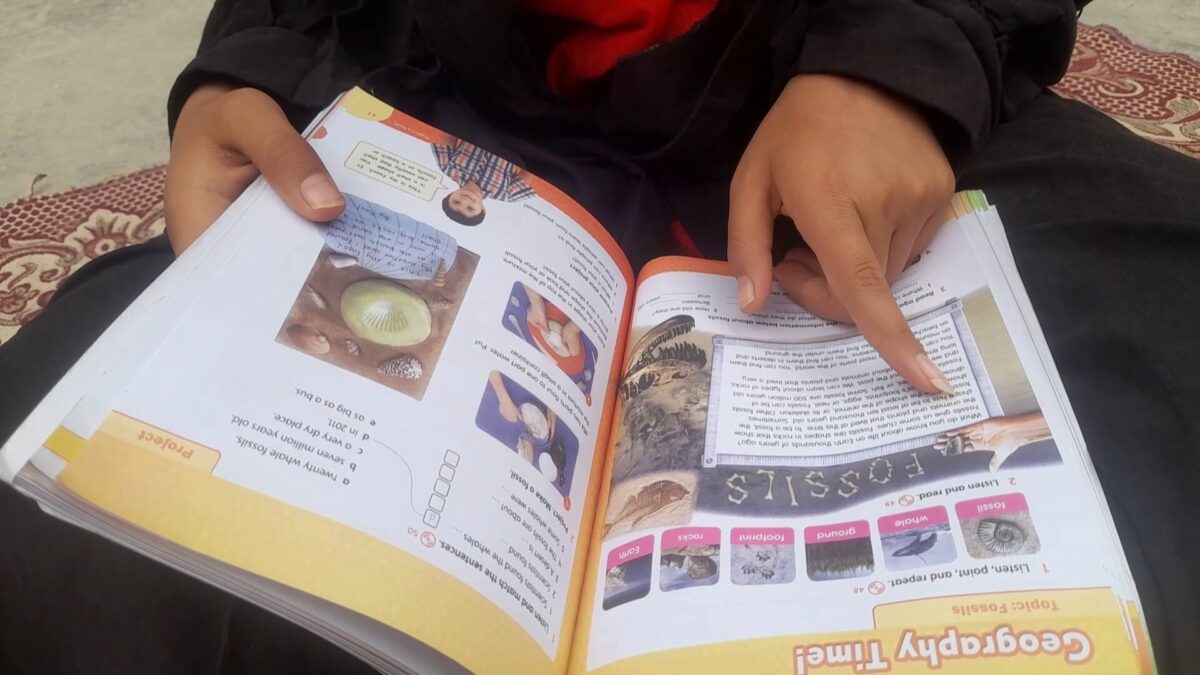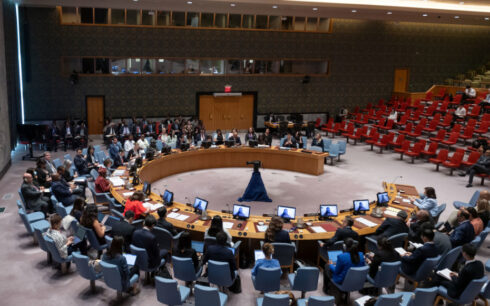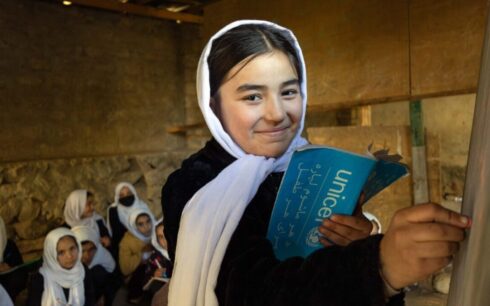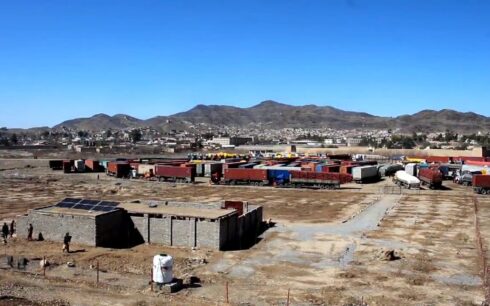KABUL, Afghanistan — Amnesty International has urged the Taliban to “immediately end the gender-based harassment and persecution” of women following their recent ban on medical education for women and girls.
The ban, which closed the last remaining pathway for women to pursue education, has sparked international condemnation and renewed concerns over women’s rights in the country.
In a statement posted on X, Amnesty International said, “The Taliban have barred women in Afghanistan from studying medical and semi-professional health sciences. This was the last remaining opportunity for girls to continue their education in Afghanistan.”
Mounting international concern
The U.S. Embassy for Afghanistan, operating from abroad, also expressed concern over the Taliban’s escalating restrictions on women’s rights. In a statement on social media, the embassy described the Taliban’s actions as a violation of fundamental human rights.
“Depriving women of education, healthcare, and freedom is an affront to their dignity and humanity,” the embassy said.
Meanwhile, the Majority Feminist Foundation, an international advocacy group, criticized the Taliban’s decision, calling Afghanistan “a graveyard of girls’ dreams.” The organization warned that the ban on women’s education in medical institutes is part of a broader strategy to eliminate women from the country’s healthcare sector.
“By removing women from the workforce, particularly the healthcare sector, Afghanistan faces a severe shortage of medical personnel,” the foundation said in a statement.
A dark future for girls
For many women and girls in Afghanistan, the closure of medical institutes represents yet another blow in an already bleak landscape.
“Afghanistan has once again descended into darkness,” said Sheema, a former medical student. “First, schools were closed to us. Then, the universities were shut down. We lost our chance to work, to study, to build our futures. This time, we had placed our hopes in medical institutes—and now even those doors are closed.”
Nargis, another student, echoed similar despair. “After public universities were banned for women, the medical institutes were the last hope for Afghan girls who wanted to continue their education,” she said. “But now, every door to education has been shut.”
The Taliban’s recent order, issued by their supreme leader, went into effect on December 4, prohibiting women and girls from attending medical and mid-level health institutes across Afghanistan. This move compounds the existing crisis in Afghanistan’s healthcare system, which already suffers from a critical shortage of female medical workers.
In rural areas, where cultural norms prevent women from being treated by male doctors, the lack of female healthcare professionals has devastating consequences. Women often face life-threatening delays in receiving treatment, particularly during pregnancy and childbirth.
A European Union report published earlier this year underscored the scale of the crisis, noting that maternal, infant, and child mortality rates in Afghanistan remain among the highest in the world. The report estimated that one Afghan mother dies every two hours from preventable complications related to pregnancy and childbirth.
Worsening isolation
Since the Taliban’s return to power in August 2021, they have systematically restricted women’s rights, barring girls from attending school beyond sixth grade and closing universities to female students in December 2022. The Taliban’s latest decree now eliminates what had been the last remaining path for women to gain an education—medical institutes.
International organizations and governments have repeatedly condemned the Taliban’s policies, warning of their long-term consequences on Afghanistan’s future. Yet for Afghan women, the immediate reality is one of despair and exclusion.
“The Taliban’s decision to close medical institutes for women is not just a blow to education,” said one activist. “It is a blow to Afghanistan’s healthcare system, its women, and its future.”





